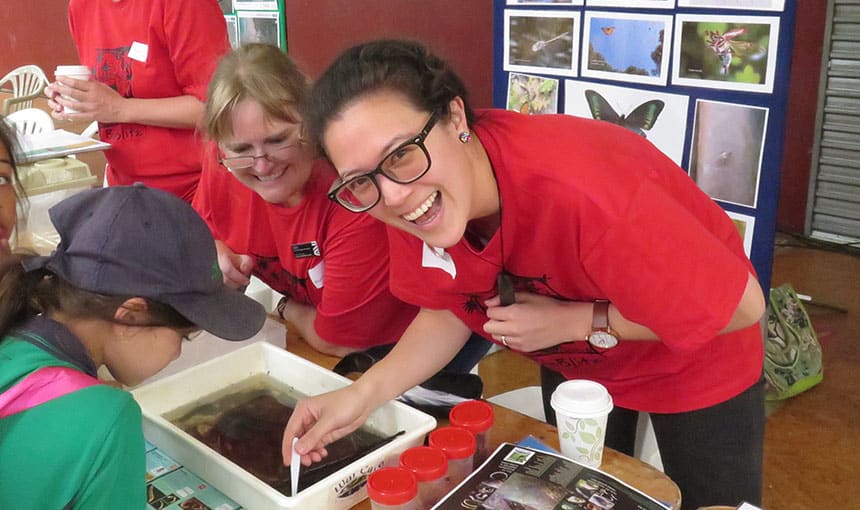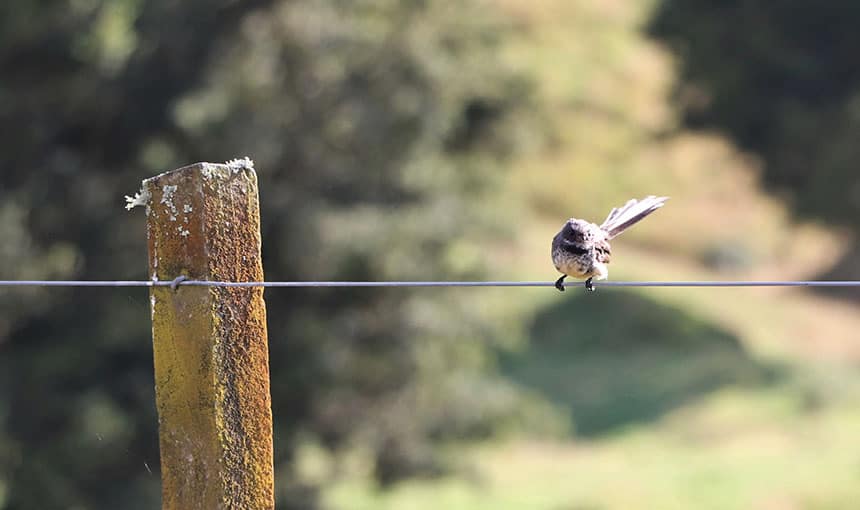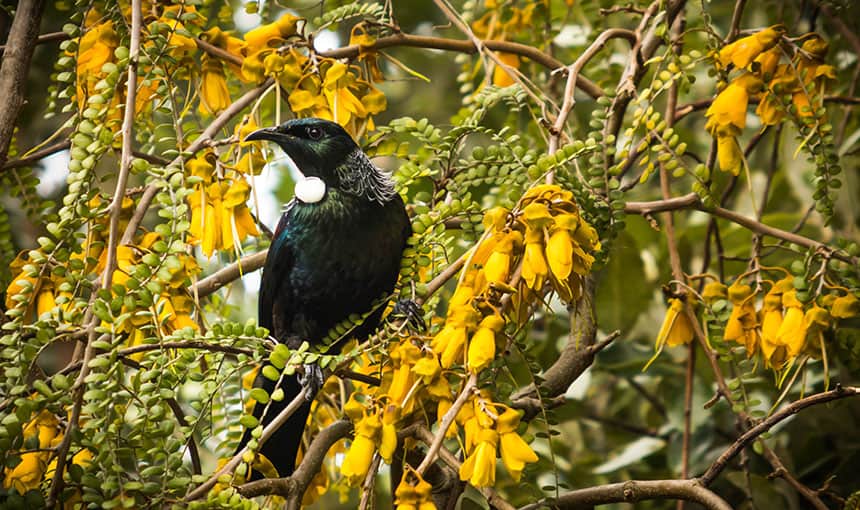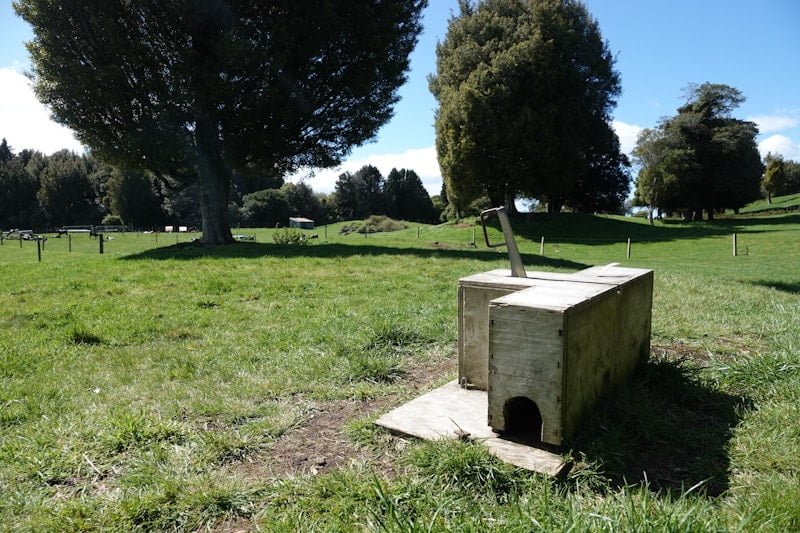Public Perceptions of New Pest Control Methods
One of the nation’s largest surveys on public attitudes toward new pest control technologies has shown that most New Zealanders support the need for pest control.
The inventory of research outputs and resources can be found here:
overview Te Tirohanga Whānui
Carried out in 2017, the BioHeritage Challenge survey assessed the perceptions, beliefs and attitudes of 8,000 people, including about 1,000 Māori.
Led by the Department of Conservation’s Dr Edy MacDonald, the nationwide team surveyed perspectives of new and emerging methods of pest and predator control, starting with tools to control wasps and rats.
highlights Ngā Mahi Whakahirahira
The survey found that:
- 84% agree pest species are a significant conservation problem
- 14% think current pest control measures are adequate
- 61% are aware of New Zealand’s goal to become Predator Free by 2050.
In relation to potential pest control technologies including gene drive, the survey found:
- 32% were comfortable with these developments
- 18% felt they should never be used
- 50% were undecided or wanted strong controls
- 42% supported trojan female techniques
- 52% supported a species-specific toxin.
Overall, the survey findings illustrated the varying viewpoints of the New Zealand public. This highlights the importance of continuing open and transparent public discussions while inventors and scientists start the process of developing new pest control technologies.
This project contributes to BioHeritage’s goal of empowering New Zealanders so they feel inspired to protect our environment.
Looking for more information?
If you’re looking for any outputs (papers, data etc) from this project that you don’t see on this page please visit our data repository.
Team Members Ngā kaimahi
- Edy MacDonald; Department of Conservation



